15 GPTs for Quranic Study Powered by AI for Free of 2026
AI GPTs for Quranic Study refer to advanced artificial intelligence tools designed specifically to facilitate learning, understanding, and researching the Quran. These tools, based on Generative Pre-trained Transformers, are tailored to handle tasks related to the Quran, including interpretation, translation, and context analysis. They leverage natural language processing to understand and generate responses related to Quranic content, making them highly relevant for educational and research purposes in the field of Islamic studies.
Top 10 GPTs for Quranic Study are: SheikhGPT - Islamic Scholar,Muslim Scholar,IslamGPT,Kuran GPT,Unveil Quran Insights,Quran Guide,Noor Al-Hikma,Quran Search Assistant,Islam Bot - الروبوت الإسلامي,Ayat Explorer
SheikhGPT - Islamic Scholar
Empowering Islamic Learning with AI

Muslim Scholar
AI-powered Islamic knowledge at your fingertips

IslamGPT
Empowering Islamic Knowledge with AI
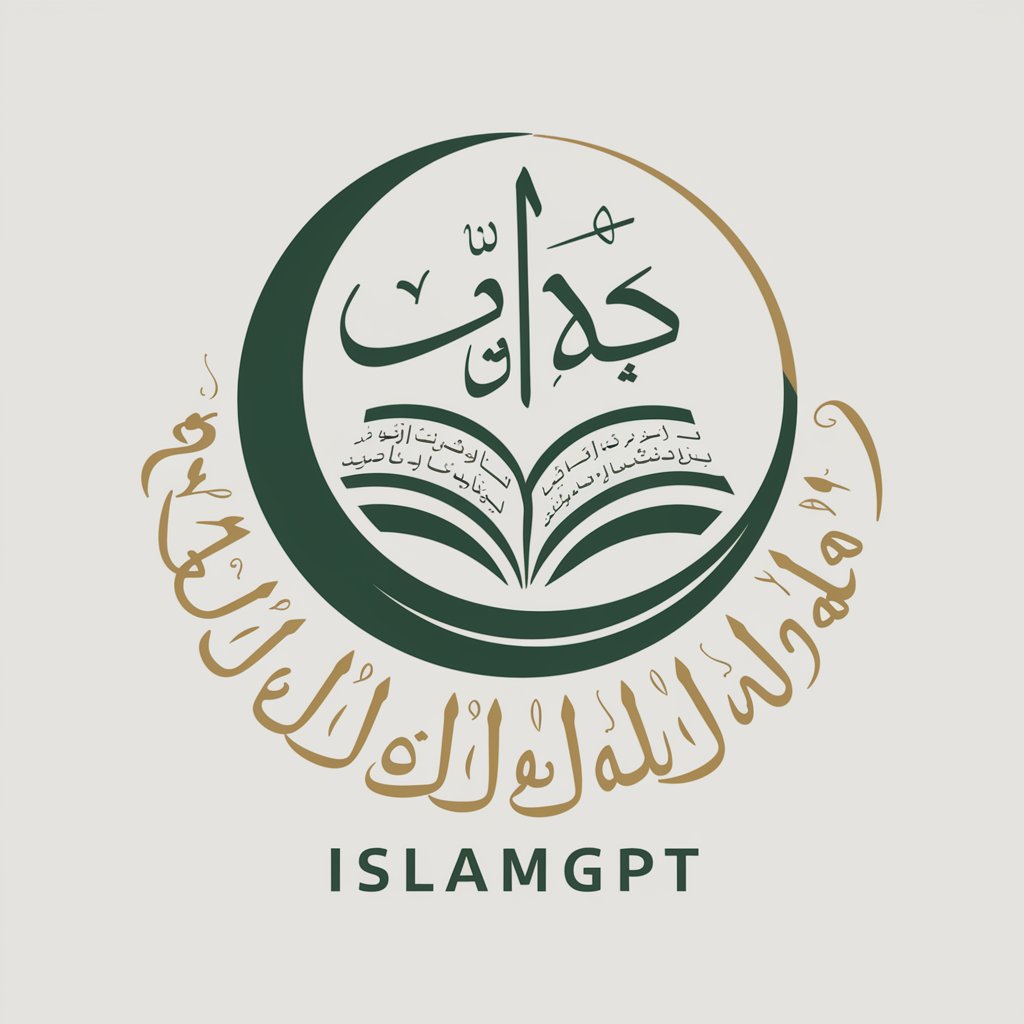
Kuran GPT
Discover Quranic Wisdom, AI-Powered
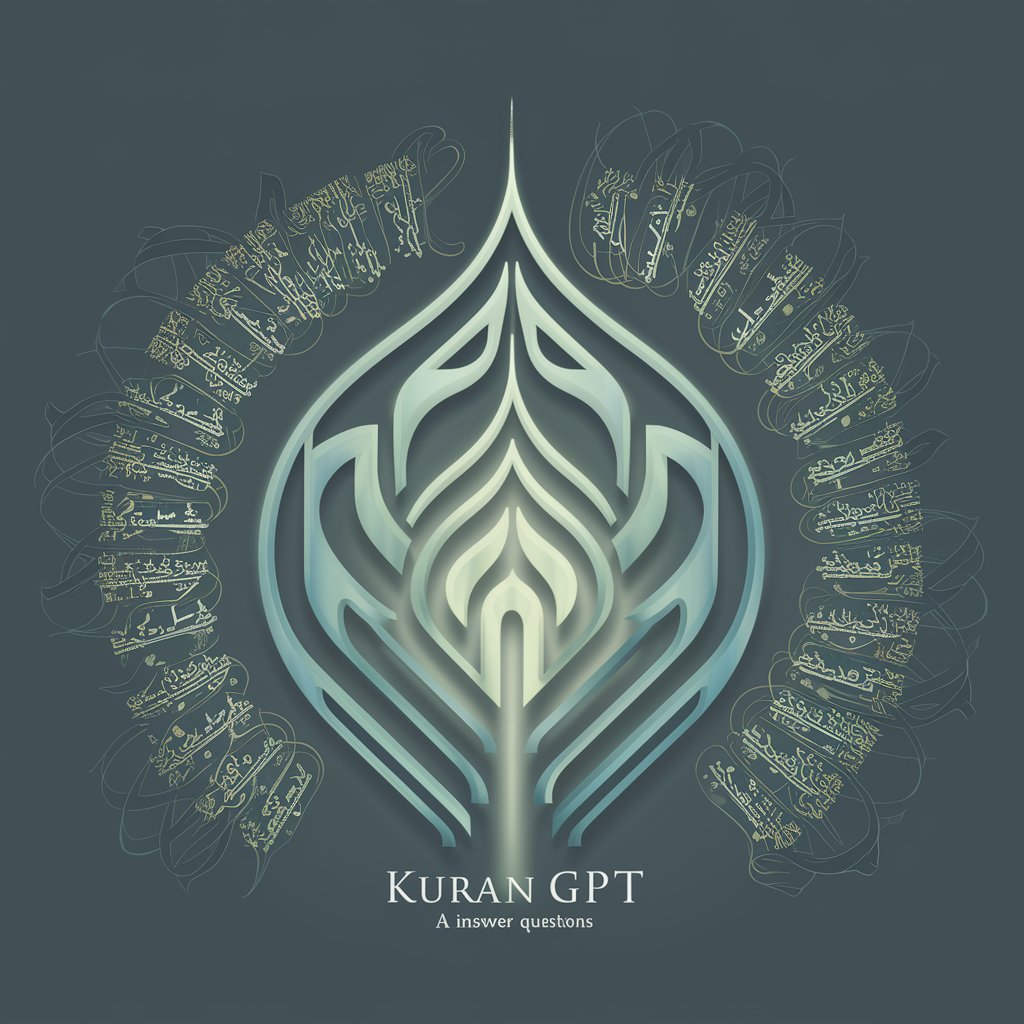
Unveil Quran Insights
Illuminating Quranic Wisdom with AI

Quran Guide
Empowering Quranic exploration with AI
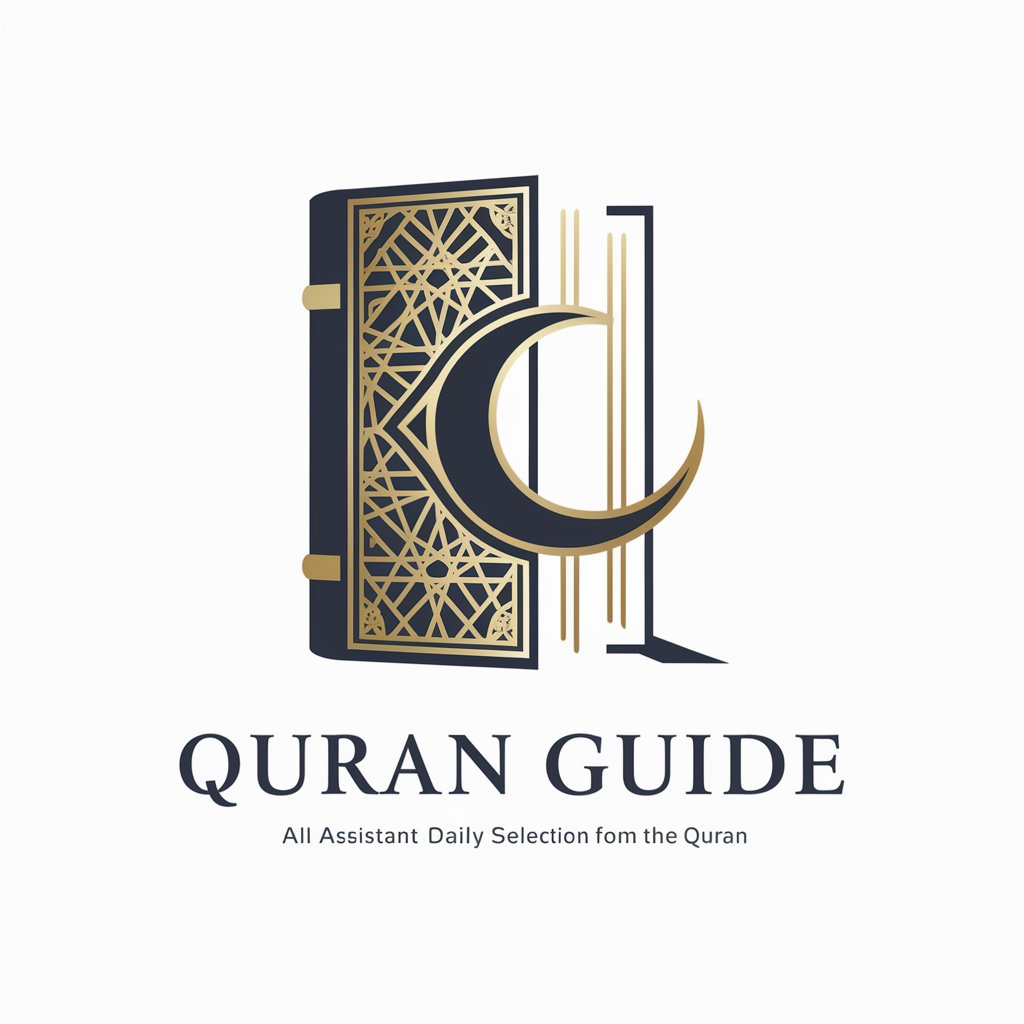
Noor Al-Hikma
Empowering Islamic Learning with AI

Quran Search Assistant
Explore the Quran with AI-powered insights

Islam Bot - الروبوت الإسلامي
Empowering Faith with AI
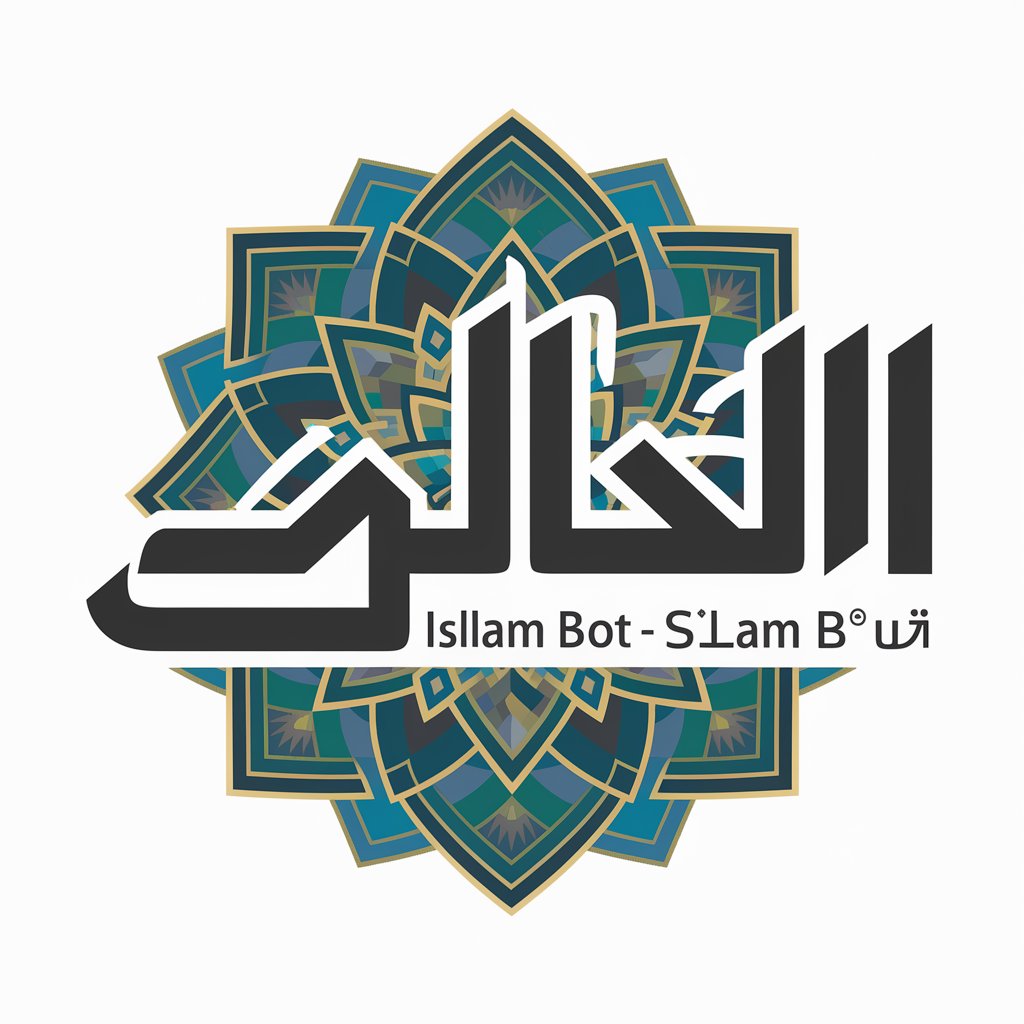
Ayat Explorer
Direct Insights into Quranic Verses
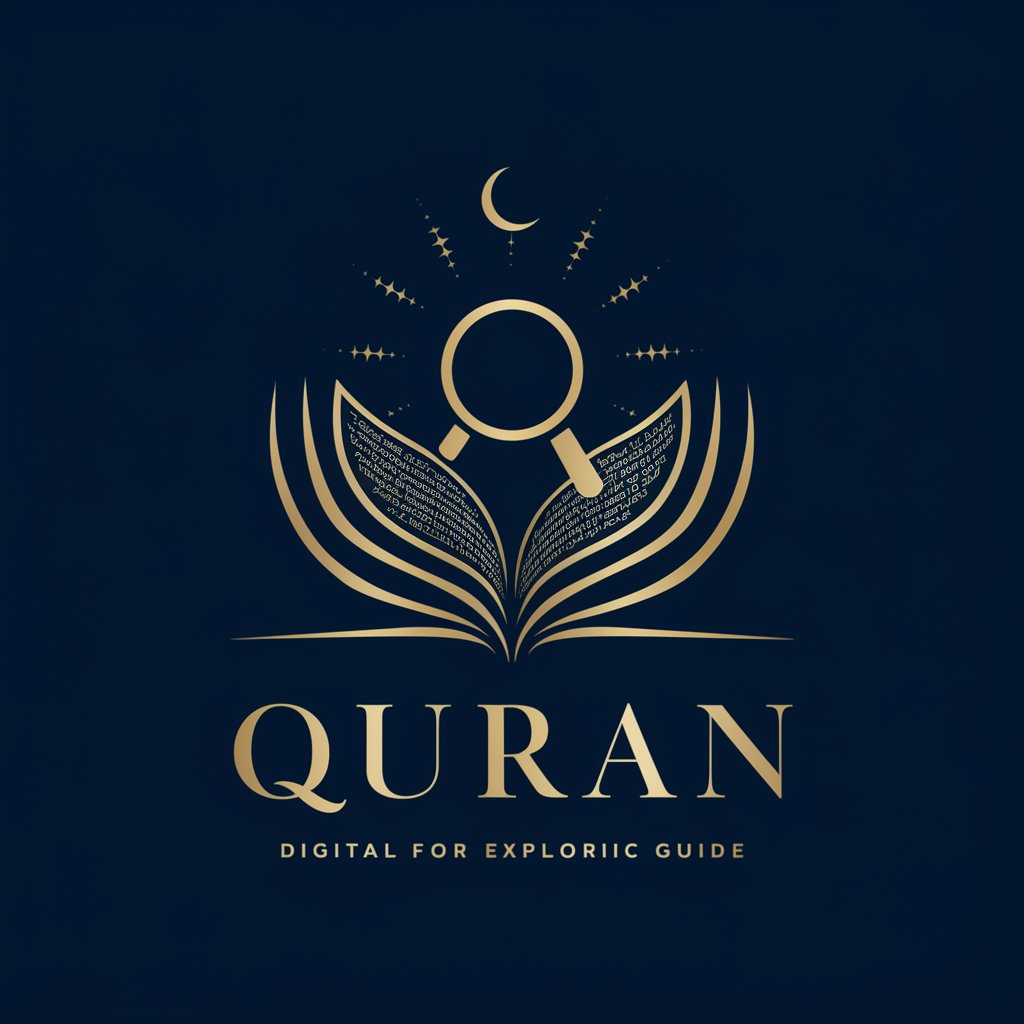
AI Islamic Scholar
Explore Islamic teachings with AI

IslamicGPT
AI-Powered Islamic Insights

Clear Quran
Unravel Quranic wisdom with AI

Noble Quran
Illuminate Your Understanding of the Quran
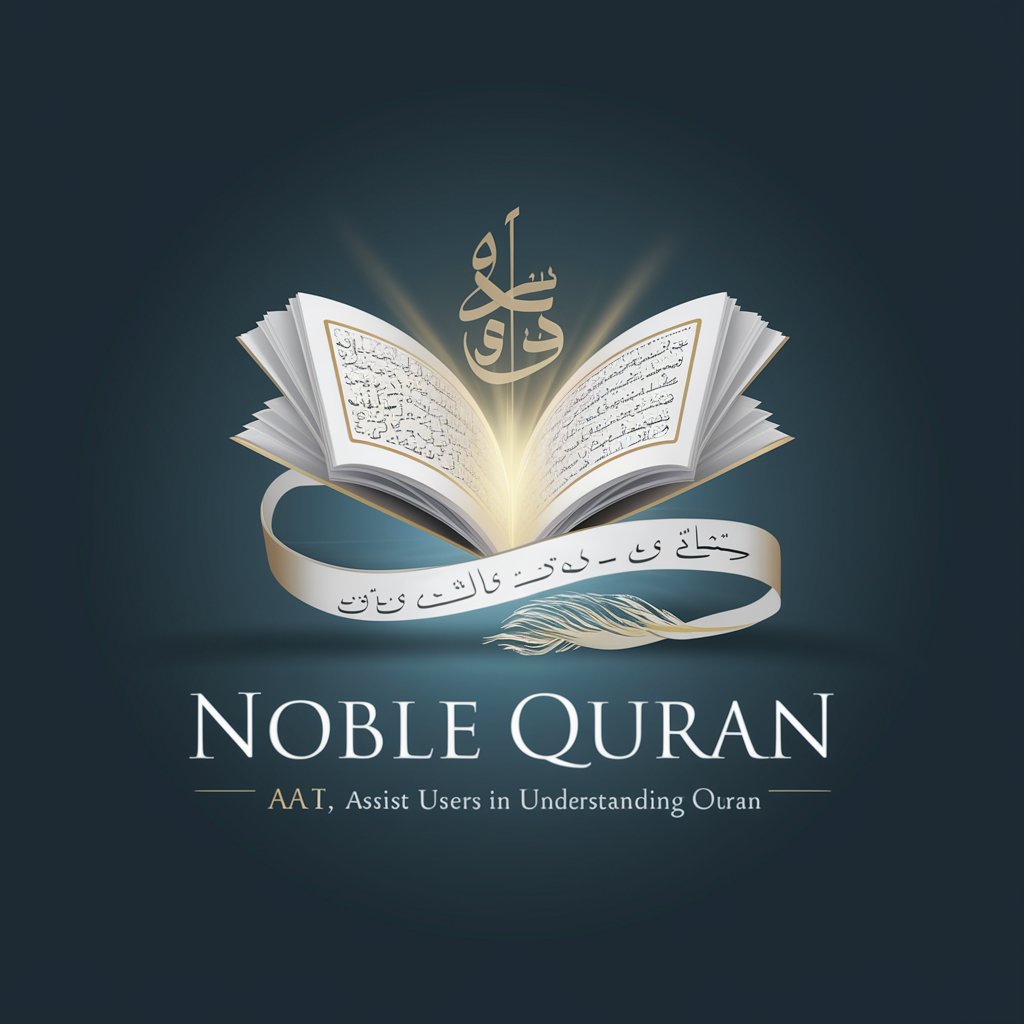
SHEIKH GPT AI
Guiding Light in Islamic Knowledge

Unique Attributes and Functions
AI GPTs for Quranic Study are distinguished by their ability to adapt to a wide range of functions, from providing simple explanations of verses to conducting complex theological analyses. Key features include language learning for Arabic and other languages in which the Quran has been translated, technical support for researchers, web searching capabilities tailored to Islamic scholarly databases, image creation for educational materials, and data analysis tools for interpreting text patterns within the Quran. These capabilities make them incredibly versatile tools for anyone engaged in Quranic studies.
Who Benefits from Quranic Study AI Tools
The primary users of AI GPTs for Quranic Study include novices seeking to learn about the Quran, developers creating apps or websites focused on Islamic education, and professionals in Islamic studies or theology. These tools are designed to be user-friendly for those without coding skills, offering straightforward interfaces for interaction. Simultaneously, they provide robust customization options for users with programming knowledge, allowing for tailored applications within the field of Quranic studies.
Try Our other AI GPTs tools for Free
Ethical Consulting
Discover how AI GPTs for Ethical Consulting can revolutionize ethical decision-making with tailored guidance, advanced analytics, and accessible tools for all.
Home Decorating
Discover how AI GPTs revolutionize home decorating with personalized design solutions, visualizations, and technical advice, making it easier and more creative.
Furniture Shopping
Discover how AI GPTs for Furniture Shopping are revolutionizing the way we find, visualize, and purchase furniture online, offering personalized advice, realistic visualizations, and the latest trends.
Room Renovation
Discover how AI GPTs for Room Renovation can transform your next project with advanced AI tools offering design inspiration, project planning, and budget management.
Style Matching
Explore the transformative potential of AI GPTs for Style Matching, designed to align content with specific styles across writing, design, and coding.
Image Recognition
Discover AI GPTs for Image Recognition, advanced tools designed to transform image analysis with precision, adaptability, and ease of use for diverse applications.
Expanding the Horizons of Quranic Studies with AI
AI GPTs for Quranic Study represent a significant advancement in the field of Islamic studies, offering customized solutions that enhance understanding and accessibility. Their user-friendly interfaces and the possibility of integration with existing systems or workflows underscore their potential to transform Quranic studies, making them more interactive, engaging, and insightful.
Frequently Asked Questions
What are AI GPTs for Quranic Study?
AI GPTs for Quranic Study are artificial intelligence tools designed to assist with the learning, understanding, and researching of the Quran, utilizing advanced natural language processing to provide relevant insights and interpretations.
Who can benefit from these AI GPTs tools?
Novices, developers, and professionals in Islamic studies or theology can benefit from these tools, thanks to their adaptability and user-friendly design.
Can these tools translate Quranic verses?
Yes, these tools can translate Quranic verses into multiple languages, leveraging their language learning capabilities.
Do I need programming skills to use these tools?
No, these tools are designed to be accessible to users without programming skills, offering easy-to-use interfaces for interaction.
Can developers customize these AI GPTs for specific applications?
Yes, developers can customize these tools for specific applications, taking advantage of their programming capabilities for tailored solutions.
Are these tools capable of creating educational materials?
Yes, they include image creation and data analysis features that can be used to generate educational materials for Quranic studies.
How do AI GPTs for Quranic Study handle context analysis?
They use advanced natural language processing techniques to analyze the context of Quranic verses, ensuring interpretations are relevant and accurate.
Can these tools integrate with existing educational platforms?
Yes, their versatile design allows for integration with existing educational platforms or workflows, enhancing the learning experience.